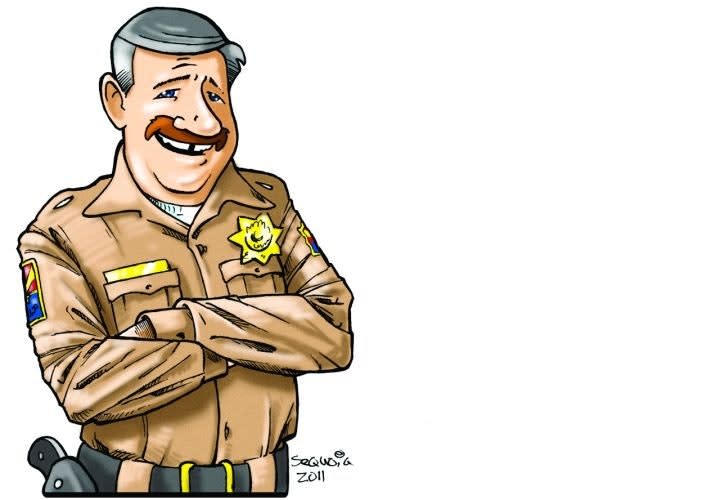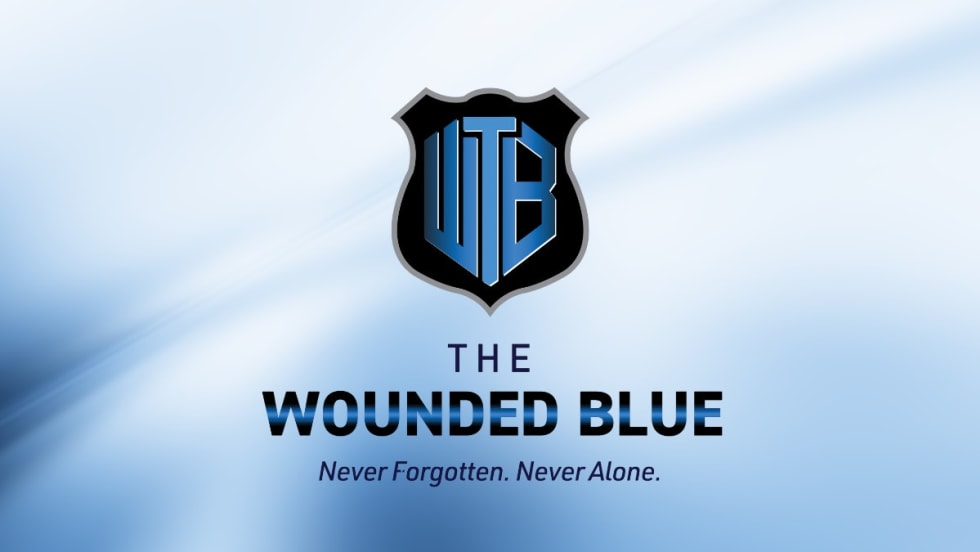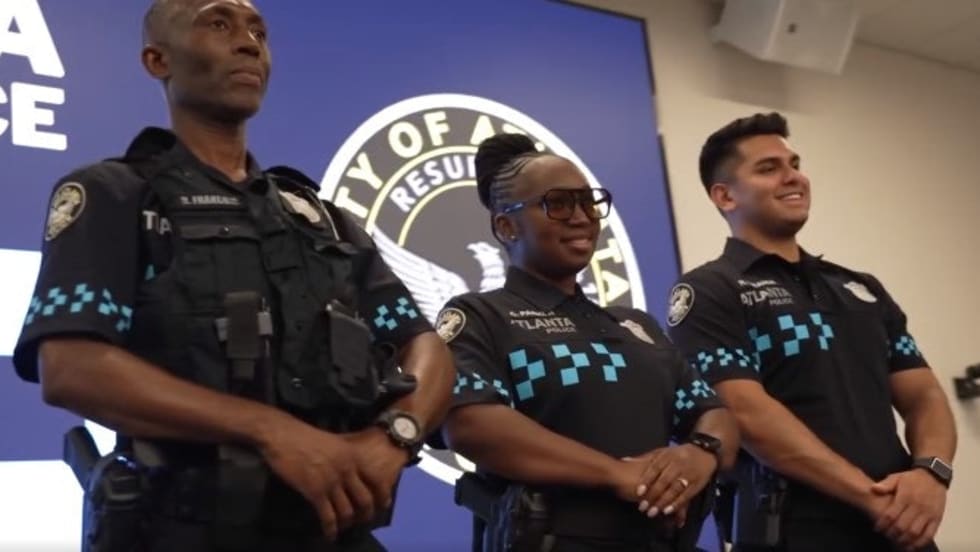Recently I was reading an essay by a guy named Paul Gibbons about how pop leadership is hurting organizations. I laughed as I read, remembering a conversation I had decades ago with a good friend of mine, Lt. Gamble Dick. We were talking about issues of leadership and Gamble, a former Army officer and Green Beret, had some serious ideas on the topic. He was never a fellow you found sitting on the fence. He leaned across the table of the café where we were eating and conspiratorially said, "The real problem is they are doing management by best seller instead of real leadership!"
Needless to say, "management by best seller" became one of my favorite sayings to describe the flawed leadership that came from following fads and whims of popular culture. Gamble and Mr. Gibbons come from different ends of the political spectrum, yet they reached the same conclusions about one of the major problems in leadership today. And, need I say, this especially applies to law enforcement leadership. Often a best seller becomes mandated within an organization and quickly transforms true leadership into a shtick, a method, a formula, that once perceived by the employees not only becomes ineffective but turns into a source of cynicism.
In Gibbons' essay, "What is Pop Leadership and Why is it Harmful?", he explains that pop psychology leads to pop leadership, which is full of nonsense and empty phrases that he describes as being "deepity, a statement that is apparently profound but actually asserts a triviality on one level and something meaningless on the other." An example he gives is the saying, "People buy into the leader before they buy into the vision." Wow, sounds cool, intelligent, sagacious, and all those other words we use to sound smart. But is it?
We judge leaders in the real word by listening to their vision and values first, so the maxim above is 180 degrees out of whack…go figure. Character really does matter, of course, but Gibbons points out that the only way to perceive character is through the leader's words and actions, something we do as we buy into vision. Just as we evaluate leaders, we should scrutinize the books and ideas on leadership that come down the pike.
What does your critical thinking tell you about the advice or prescription you are being given by an article, book, speaker, or consultant? Emotion often makes us feel excited about some technique that we hope will make our leadership skills superb and effortless. After reading a best seller you might think, "A quick 'one-minute' session with my officer will solve all the problems and make me look good." Unfortunately, once your folks figure out that you are just following a formula from a best seller, the impact is gone and their impression of you as a sincere leader slips away.
I believe leadership is an essential element of any good organization and can make all the difference in the quality of your life, particularly if you work for the right (or wrong) individual. Some of the best books I have ever read on leadership are full of humor and a common theme we can agree with. As Mr. Gibbons points out, "At the very least, it includes an attitude of care (stewardship) toward stakeholders; a solid foundation of expert knowledge and dedication to keeping up to date; substantial skills in influencing and other people-related skills; the ability to deal with stress and conflict; alignment in thought, word, and deed; a strong moral code; great motivation and drive; an ethical/values stance; and a clear sense of purpose."
I don't think my buddy Gamble or Mr. Gibbons give a darn about chasing cheese or any other meme, saying, quote, or poster that inspires but misinforms or misleads us from the real requirements to become, or stay, a good leader. When evaluating any advice about leadership or management use your reason and do not let your emotion lead your actions.
Law enforcement leadership has chased a lot of bad ideas and programs the last few years; we've often followed emotional ideas instead of logical ones and have been driven by the winds of politics. With our limited resources, personnel, and budgets, it is time to use logic and honesty in our decisions, maintain our sense of mission, and always remember this warning from Mr. Gibbons: "Our folk psychology, folk management, pop psychology, and pop leadership provide a bad set of answers to leading complex change. We are still looking for sources of systematic knowledge about what makes people tick, and even if we inoculate ourselves against guru hype, we are surrounded by psychological myths that have a veneer of science to them."
Dave Smith is an internationally recognized law enforcement trainer and is the creator of "JD Buck Savage." You can follow Buck on Twitter at @thebucksavage.













